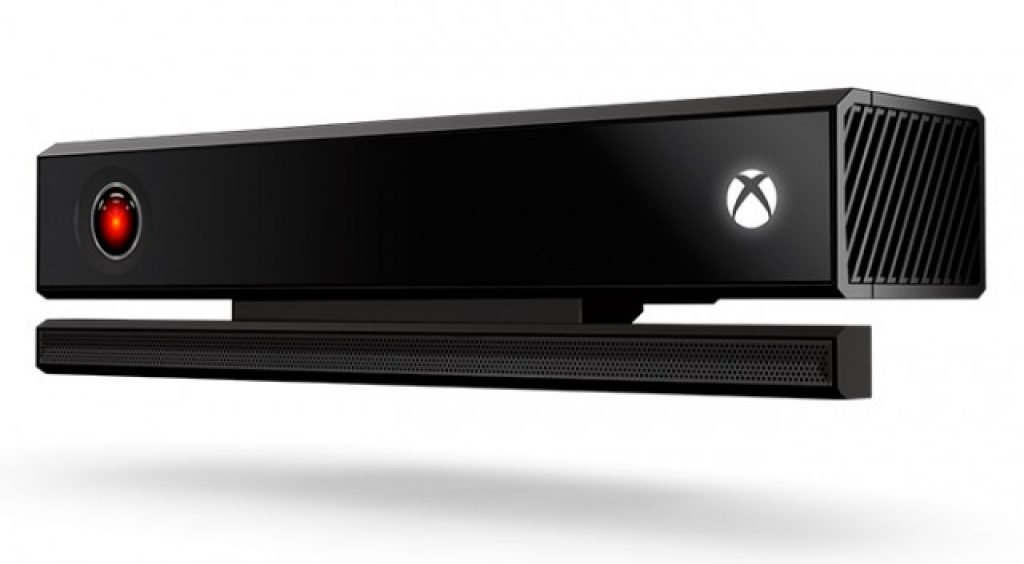For those of you who haven't already heard, Microsoft unveiled its next-generation Xbox One game console in late May, containing a bundled next-generation "Kinect 2.0" peripheral. Whereas the first-generation Kinect employs a structured light approach to 3-D sensing, "Kinect 2.0" leverages a time-of-flight technique courtesy of Microsoft's 2010 acquisition of Canesta. The included image sensor is now 1080p in resolution, versus VGA in the predecessor, leading both to substantially more data captured and transferred and to claimed much higher precision image processing (capable of, for example, discerning individual finger motions).
As past news writeups have discussed, the first-generation Kinect for Xbox 360 garnered widespread popularity with the "hacker" community by virtue of its industry-standard USB 2.0 interface and its reverse-engineered communications protocol. Microsoft subsequently introduced a dedicated Kinect for Windows variant, along with a regularly evolving SDK that only worked with this particular hardware iteration.
In the Kinect 2.0 era, a "for Windows" version is also planned (schedule and pricing are yet not public, beyond a general "2014" forecast). However (at least until a non-sanctioned interface adapter is released), the use of the Xbox One version of the peripheral will no longer be possible, even in an unofficial capacity. Microsoft has indicated that the Xbox One-intended device will contain a non-standard connector in this hardware generation. However, PC-focused developers can now pay the company $399 for the privilege of obtaining Kinect 2.0 for Windows hardware access beginning in November, along with other perks from the company. From the registration web page (bolded emphasis on the deadline is mine):
The program fee will be US$399 (or local equivalent) and offers the following benefits:
- Direct access to the Kinect for Windows engineering team via a private forum and exclusive webcasts
- Early SDK access (alpha, beta, and any updates along the way to release)
- Private access to all API and sample documentation
- A pre-release/alpha sensor
- A final, released sensor at launch
There are a limited number of spots in the program. Applications must be completed by July 31, 2013, 9:00 A.M. (Pacific Time). We will begin notifying successful applicants in August.


